Education Ministry profiles learners
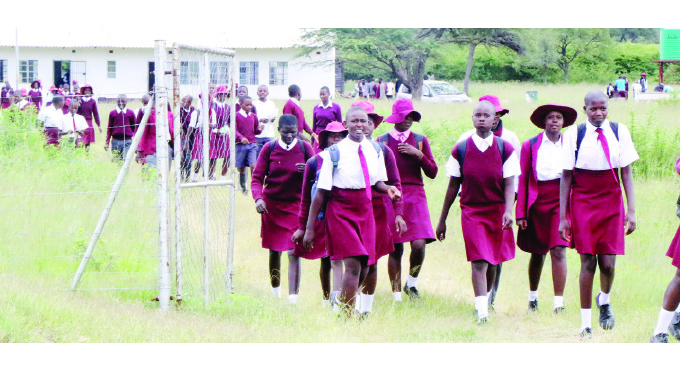
Nqobile Tshili, Chronicle Reporter
GOVERNMENT has introduced a programme to profile pupils as part of measures to improve their management.
The Ministry of Primary and Secondary Education has since invited parents and guardians to provide information on their children to schools.
The programme: Learning Support Services Client Profile Database seeks to create profiles of individual learners.
A school in Bulawayo sent a letter to parents and guardians inviting them to participate in the exercise.
“The Ministry of Primary and Secondary Education (MOPSE) is rolling out a programme to screen and profile learners in schools. In this regard, the Learning Support Services is developing a system to enable schools to create profiles for individual learners. A set of screening and profiling tools has therefore been introduced for use in schools. You are invited to school for data collection on your child,” reads the letter.
“It is an assessment of developmental domains of functioning in young children. It is for individual child and parent benefit through child-centred approaches, referrals and monitoring.”
The letter further states that parents or guardians who live with the child are recommended to supply the school with the required information.
“Let us avoid sending just anyone from the family e.g driver, house helper or a distant relative as this may lead to the collection of inaccurate data. The collected information of individual learners will be fed to the Education Management Information System database and will be updated throughout their infant, junior and Secondary education years hence the need to supply accurate data,” reads the letter.
Primary and Secondary Education Ministry communications and advocacy director Mr Taungana Ndoro said the Ministry will use learners profiles to learn more about children beyond what is taught in the class room.
“This is going to assist in the management of the child so that when a certain talent is identified in the learner, we develop that talent from early age. We want to groom and nurture the skills that they have from primary and secondary level,” said Mr Ndoro.

Mr Taungana Ndoro
“There is a lot of information that we need from the parents and guardians and we will even need information like the number of siblings and a lot of other things. So, it’s a huge tool. We will collect data until the data of the last pupil in our school has been collected.”
He encouraged parents and guardians to cooperate with education officials during the exercise.
Mr Ndoro said through the profiles, the Ministry will also be able to identify changes in children’s behaviour.
“We want to encourage parents to cooperate with us and if a parent feels there is something that they need us to know about one of our learners they should advise us. Remember the first four years the child is at home. It’s the parents and guardians who know the strengths of each child,” said Mr Ndoro.
“We also want to have information on the child if the parents are in the diaspora. We also want to understand any challenges that may affect the child.”
Zimbabwe Teachers’ Association chief executive officer Dr Sifiso Ndlovu said pupils profiling is in line with the recommendations made by the Nziramasanga Commission report which sought to address the failure rate in the education sector.
“This should go hand in hand with the Continuous Assessment programme that the Ministry is implementing. It should be able to assess the aptitudes of learners as they progress with their education to say a child is exhibiting traits of an electrical engineer and the child should be assisted in that development. It is in line with the recommendations that were made by the Nziramasanga Report that the education path of children should be assessed progressively,” said Dr Ndlovu.

Dr Sifiso Ndlovu
He said availability of supporting infrastructure including information communication technologies will be important for the implementation of the exercise.
Dr Ndlovu said at the moment he believes it is a project that is being implemented before its time considering that some schools especially in rural communities do not have computers to update pupils’ profiles.
He said while the programme is good in keeping track of pupils’ progress, shortage of teachers in some schools may affect its full implementation.
“We hope this programme will not come at the expense of the teacher, reducing their ability to concentrate in teaching learners. This will work in schools where the teacher student ratio could be one is to 25.
“But in areas where the teacher is attending to up to 50 learners it will be difficult to implement as teachers will be overwhelmed,” he said. — @nqotshili

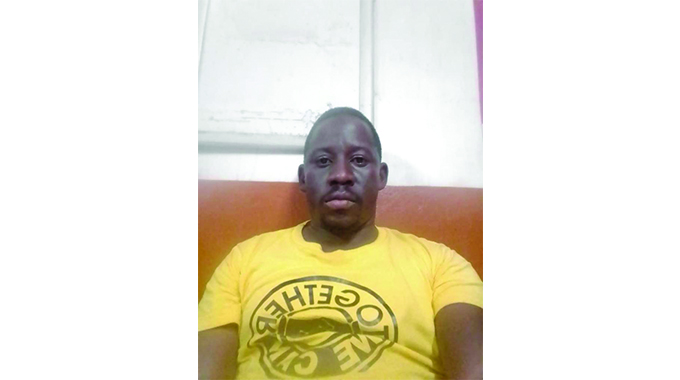
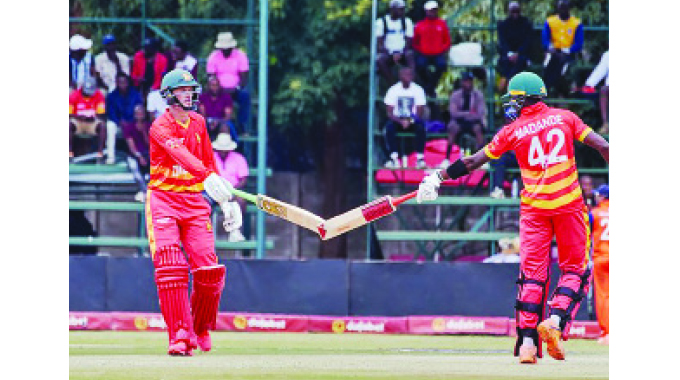
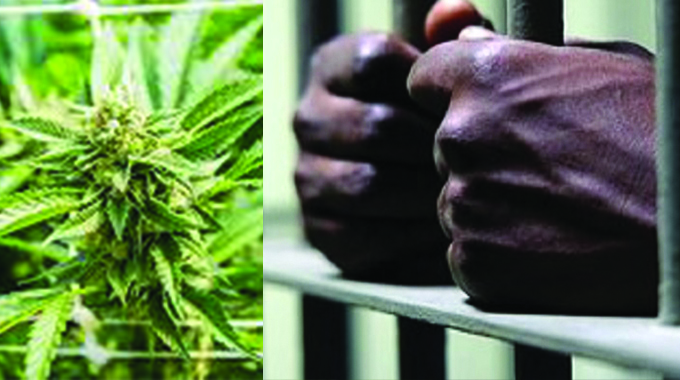
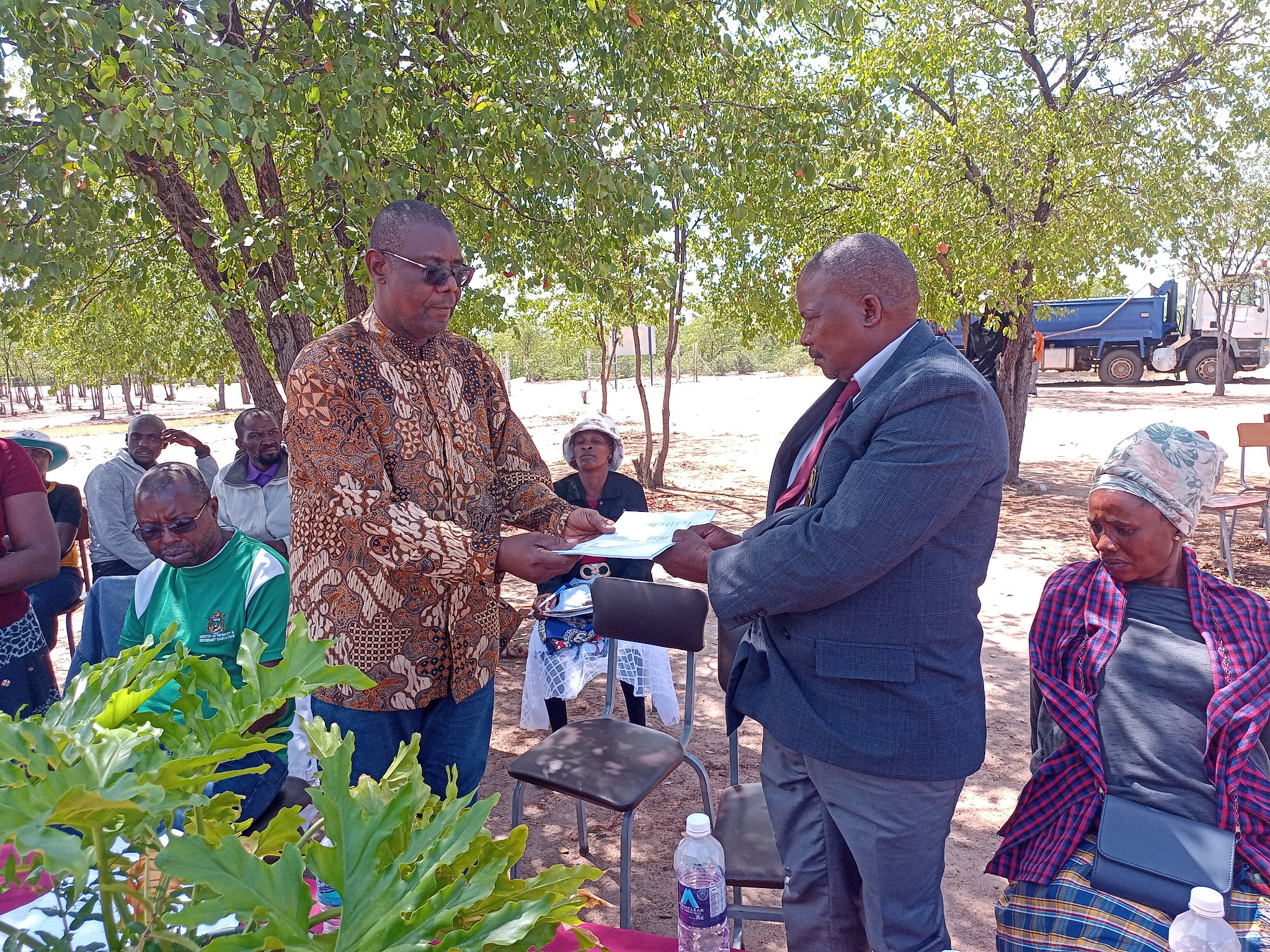





Comments